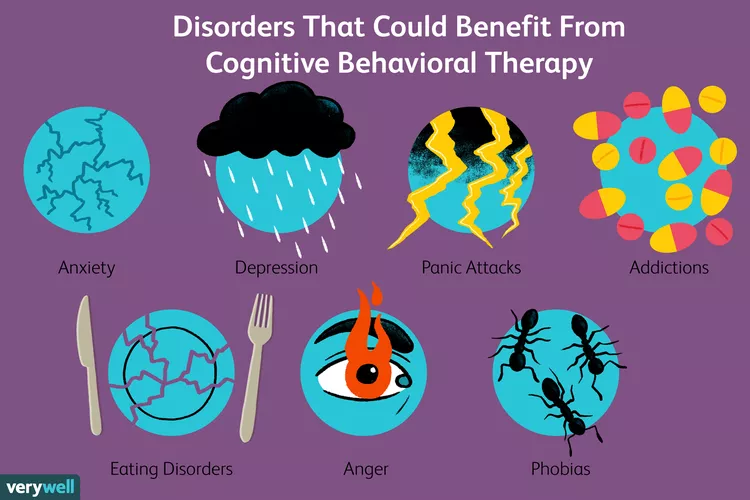Should I Tell My Therapist Everything?
Seeking therapy requires courage as it involves opening up about your deepest emotions to a mental health professional. However, many people struggle with the decision of how much to disclose during therapy sessions. This article explores the importance of transparency in therapy and addresses common concerns about being completely open with your therapist.
Why Transparency Matters in Therapy:
Therapy is an investment of both time and money, with sessions averaging $178 each. Being transparent allows therapists to tailor treatment plans to your specific needs, maximizing the benefits of therapy.
Challenges of Complete Honesty:
Despite the benefits, a staggering 93% of people admit to lying to their therapist, often out of politeness or fear of judgment. However, being dishonest hinders therapeutic progress by preventing the establishment of an authentic client-therapist relationship.
Overcoming Hesitations:
Various factors such as shame, reluctance, embarrassment, anger, and fear can inhibit openness in therapy. Recognizing and addressing these emotions is the first step toward fostering a trusting therapeutic relationship.
Confidentiality and Trust:
While therapists are bound by confidentiality, there are exceptions in cases of imminent harm to oneself or others, abuse, or court orders. Understanding these limits can help alleviate concerns about privacy.
Addressing Distrust:
Feeling distrust toward your therapist is common and can stem from personal experiences or cultural differences. Openly communicating your concerns with your therapist is essential in determining if the therapeutic relationship is viable.
Finding the Right Therapist:
If trust cannot be established with your current therapist, it may be necessary to seek a new provider. Asking for referrals and exploring therapist directories can help you find a better match for your needs.
Conclusion:
In therapy, honesty is key to achieving meaningful progress. Overcoming the fear of judgment and being vulnerable with your therapist can lead to transformative breakthroughs and improved mental well-being.
FAQ:
1. What if I’m too embarrassed to share certain details with my therapist?
Feeling embarrassed is normal, but remember that therapists are trained professionals who provide a judgment-free space. Sharing uncomfortable experiences can help you better understand and overcome them.
2. Will my therapist judge me if I disclose difficult emotions or experiences?
Therapists are trained to approach clients with empathy and understanding. While they may challenge your thoughts and behaviors, their goal is to support your growth and healing, not to judge you.
3. How do I know if my therapist is the right fit for me?
Trust your instincts and pay attention to how you feel during therapy sessions. If you consistently feel unheard or uncomfortable, it may be a sign that you need to seek a new therapist who better aligns with your needs and values.






